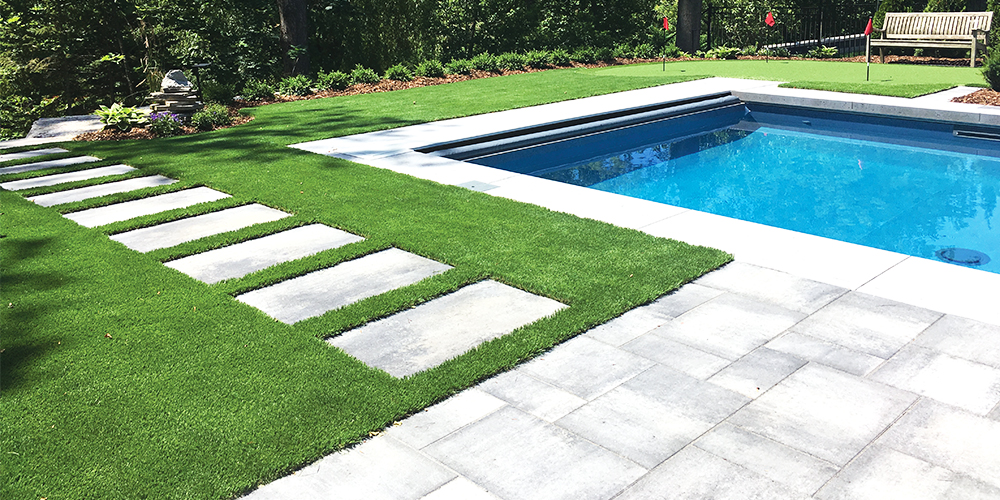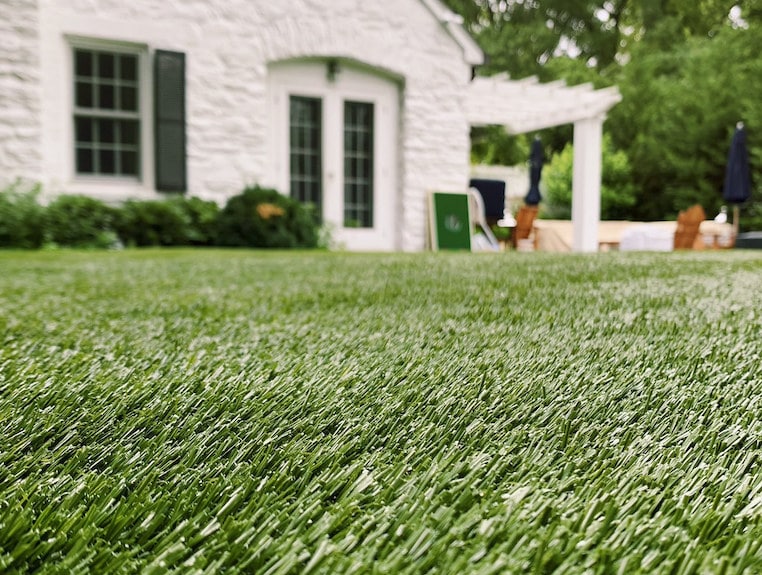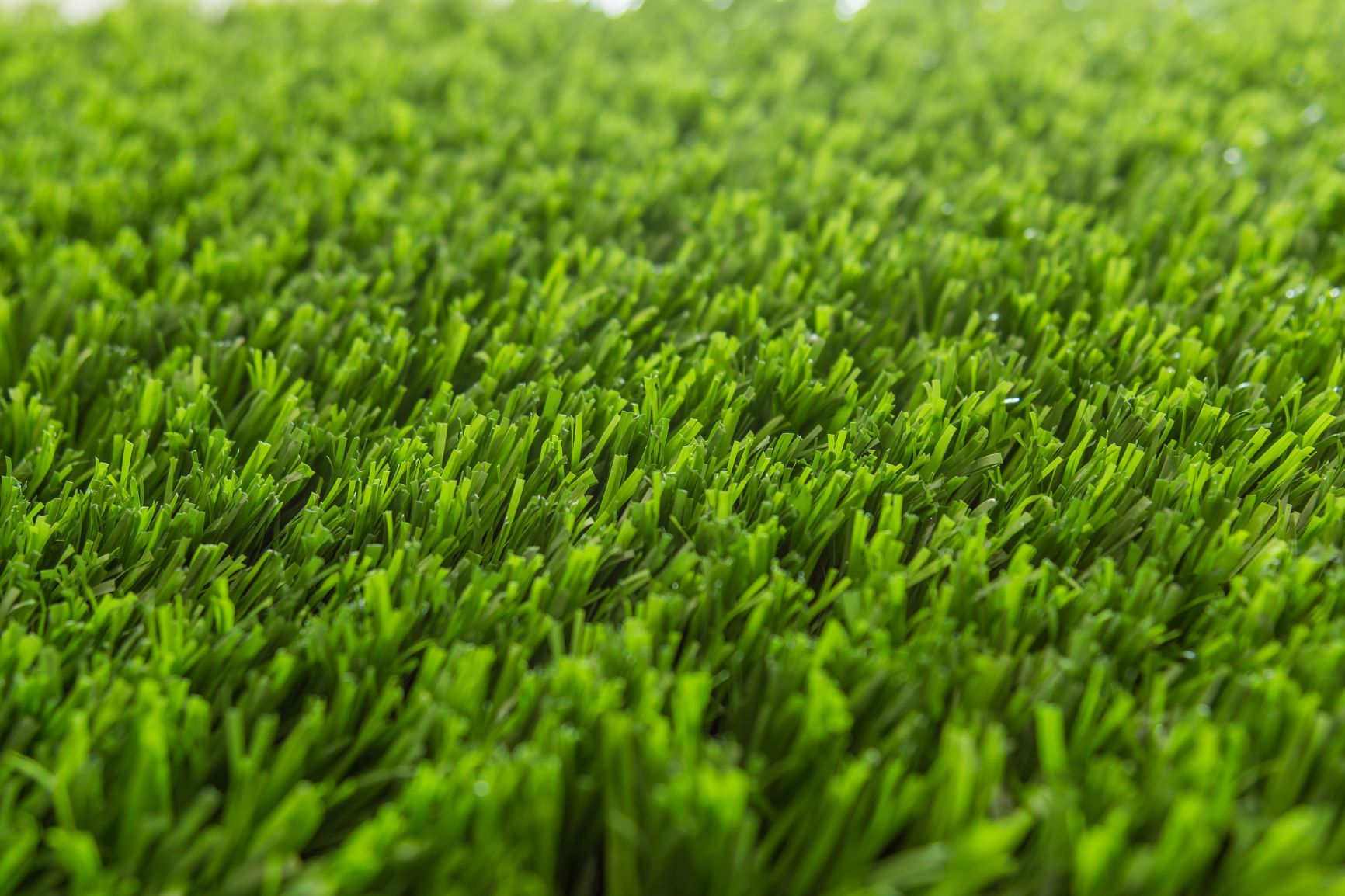Premier Phoenix Turf Companies Providing Superior Synthetic Lawn Products
Premier Phoenix Turf Companies Providing Superior Synthetic Lawn Products
Blog Article
Delve Into the Environmental Conveniences of Opting for Artificial Turf Solutions
The adoption of man-made turf remedies offers an engaging possibility to resolve pressing ecological difficulties. By considerably reducing water usage and reducing the application of unsafe chemicals, these options not only advertise sustainable landscaping but additionally protect neighborhood ecosystems.
Water Conservation Perks
One of the most considerable benefits of man-made turf is its ability to save water. In contrast, man-made grass does not need watering, substantially lowering the total demand for water sources.
By removing the need for regular watering, artificial grass adds to lasting landscape practices and helps mitigate the ecological influence of extreme water usage. The preservation of water prolongs to the decrease of overflow, which can lead to dirt disintegration and river pollution.
Additionally, the setup of synthetic grass enables towns and home owners to allot water sources a lot more effectively, concentrating on vital uses such as alcohol consumption water and agriculture. The change towards synthetic grass not only promotes liable water usage however also lines up with broader environmental objectives focused on preserving natural sources.
As areas increasingly focus on sustainability, the water preservation advantages of man-made grass provide a compelling instance for its adoption in commercial and property landscaping jobs.
Reduced Chemical Usage
The change to synthetic grass significantly reduces the dependence on chemical therapies generally utilized in natural yard maintenance. Conventional grass management normally involves the application of herbicides, plant foods, and pesticides to promote growth and control insects. These chemicals can present threats to human health and wellness, neighborhood wild animals, and the atmosphere, adding to dirt and water contamination.
In comparison, synthetic grass gets rid of the demand for these harmful materials. By minimizing the launch of artificial substances into the ecosystem, man-made turf advertises healthier dirt and water systems.
Additionally, the absence of chemical runoff connected with synthetic grass installments assists protect local rivers from air pollution, supporting aquatic life and preserving biodiversity. Arizona turf. As communities increasingly focus on lasting methods, going with man-made turf presents a feasible solution that straightens with environmental conservation goals. Through this change, homeowner can appreciate rich eco-friendly rooms without compromising eco-friendly wellness, paving the way for a much more lasting future
Lower Carbon Impact

In addition, the installment of fabricated grass can result in considerable water conservation. All-natural yards call for substantial quantities of water for watering, which not only contributes to the carbon impact related to water extraction and therapy yet also pressures local water sources. In contrast, synthetic grass needs marginal upkeep, requiring no watering, therefore substantially reducing water use and its connected power costs.
In addition, the durability of synthetic grass contributes to its lower carbon impact. With a lifespan of approximately 15 years or more, the requirement for regular replacements is decreased, causing less waste and lower energy intake in production and disposing of traditional turf alternatives. In general, synthetic grass offers a lasting choice for environmentally conscious landscaping.
Environment Conservation
Environment preservation is a critical consideration in the debate over landscaping selections, specifically when comparing synthetic grass to natural grass. Natural lawn lawns frequently call for considerable maintenance, consisting of the use of pesticides, plant foods, and herbicides, which can detrimentally affect local ecological communities. These chemicals can seep into the soil and rivers, harming indigenous flora and animals and interfering with neighborhood habitats.
In comparison, synthetic grass offers a possibility to reduce he has a good point the ecological impact of landscaping. By going with artificial turf, homeowners can lessen the disruption of all-natural environments linked with conventional lawn care practices. Synthetic turf eliminates the requirement for harmful chemicals, thus her response protecting close-by wild animals and maintaining the integrity of bordering ecosystems. Moreover, the setup of synthetic grass can result in the conversion of previous yard locations right into even more biodiverse landscapes, such as pollinator yards or indigenous plant locations, which can support regional wild animals.
Inevitably, the transition to synthetic grass not just saves water and decreases maintenance efforts yet likewise cultivates a more unified connection between human tasks and the natural atmosphere, promoting habitat preservation at the same time.
Long-Term Sustainability
Long-lasting sustainability is an essential consider evaluating the benefits of synthetic grass over typical grass lawns. One of one of the most substantial advantages of synthetic grass is its toughness; it can last approximately 15-20 years with marginal maintenance, whereas natural lawn requires frequent reseeding and substitute. This durability decreases the demand for consistent resources, such as water, plant foods, and pesticides, which are important for maintaining a healthy and balanced turf yard.
In addition, synthetic grass adds to a decrease in carbon discharges related to yard care devices. Traditional grass commonly require gas-powered lawn mowers, trimmers, and blowers, every one of which add to air contamination. Artificial turf companies phoenix. On the other hand, synthetic turf removes the demand for such tools, promoting a cleaner environment
Furthermore, the manufacturing of synthetic lawn significantly makes use of recycled materials, improving its sustainability profile. As makers take on environment-friendly techniques, the ecological footprint of fabricated lawn remains to decrease.

Verdict
The adoption of synthetic grass remedies provides significant ecological benefits, consisting of significant water conservation, decreased reliance on dangerous chemicals, and a reduced carbon footprint. Synthetic turf help in preserving natural environments by minimizing land disturbance and advertising long-term sustainability via the usage of resilient products. Collectively, these factors underscore the possibility of synthetic turf to add favorably to ecological wellness and supply a sensible alternative to standard landscaping methods in a significantly resource-conscious globe.
In contrast, synthetic lawn does not require watering, dramatically minimizing the general need for water sources. By minimizing the launch of synthetic substances into the community, artificial turf promotes healthier dirt and water systems.
Moreover, the installation of man-made lawn can result in significant water conservation. In contrast, fabricated Resources lawn requires marginal maintenance, needing no watering, consequently considerably minimizing water use and its associated power costs.

Report this page